British Man Fighting In Ukraine Forced To Surrender To Russians
A Briton who has been fighting with the Ukrainian armed forces in the besieged city of Mariupol has been forced to surrender along with his unit to the Russians because they have run out of food and ammunition.
Aiden Aslin, from Newark, joined Ukraine’s marines in 2018 but has told friends and family that he and his comrades cannot hold out any longer as the Russians gradually tighten their grip on the southern port city.
Aslin’s mother, Ang Wood, told the BBC that her son’s unit had “put up one hell of a fight” but had to call it a day because they had “no weapons left”. In an interview, she called on UK prime minister, Boris Johnson, to find a way to “take Putin down”.
Russian troops have been besieging the city on the Sea of Azov since the beginning of March. The territory controlled by Ukrainian forces has gradually shrank to a few central areas.
Aslin tweeted under the name Cossackgundi, although he has become increasingly unable to do so, leaving the administration of the account in the hands of a friend who will continue to comment on the war under his user name.
Aslin fought for the Syrian Kurdish YPG against Islamic State between 2015 and 2017 before moving to Ukraine. A friend, Brennan Philips, said Aslin “can’t get out … can’t fight back” and added: “I’m sure if they had a bullet left, they would have shot it.”
In a video filmed in February before the war, Aslin said he had “originally wanted to be a cop” but decided to join to fight Islamic State so that he would not “sit here and complain about everything, but go do something about it”, and that he recognised that a war with Russia could mean “a lot of us will die, get seriously injured”.
In a Facebook post on Monday, the last Ukrainian soldiers defending Mariupol said they were “running out of ammunition” and expected to be killed or taken prisoner very soon.
“We were bombed from airplanes and shot at by artillery and tanks. We have been doing everything possible and impossible. But any resource has the potential to run out,” said the 36th brigade.
… we have a small favour to ask. Tens of millions have placed their trust in the Guardian’s fearless journalism since we started publishing 200 years ago, turning to us in moments of crisis, uncertainty, solidarity and hope. More than 1.5 million supporters, from 180 countries, now power us financially – keeping us open to all, and fiercely independent.
Unlike many others, the Guardian has no shareholders and no billionaire owner. Just the determination and passion to deliver high-impact global reporting, always free from commercial or political influence. Reporting like this is vital for democracy, for fairness and to demand better from the powerful.
And we provide all this for free, for everyone to read. We do this because we believe in information equality. Greater numbers of people can keep track of the global events shaping our world, understand their impact on people and communities, and become inspired to take meaningful action. Millions can benefit from open access to quality, truthful news, regardless of their ability to pay for it.
If there were ever a time to join us, it is now. Every contribution, however big or small, powers our journalism and sustains our future.


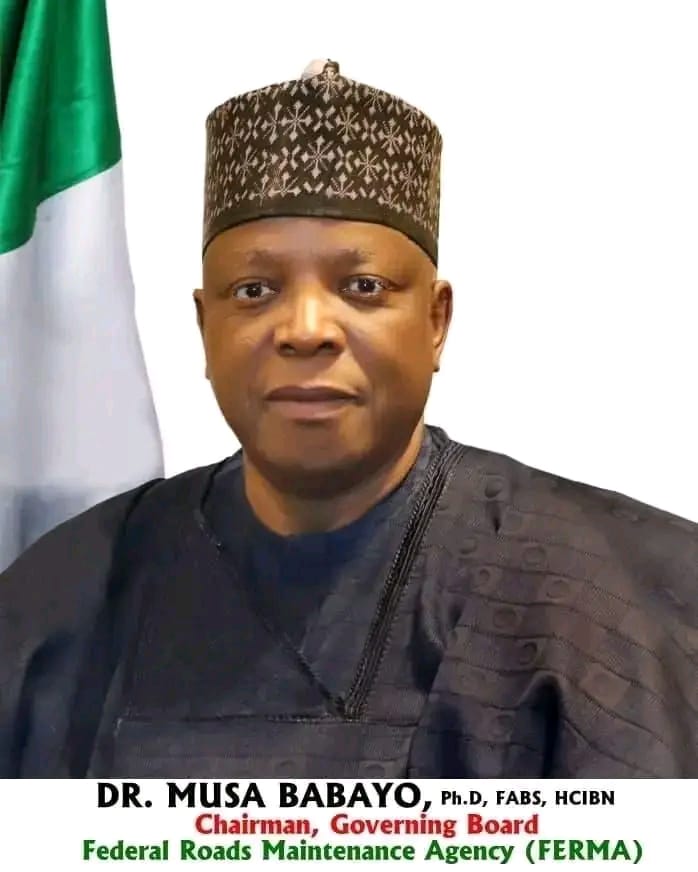
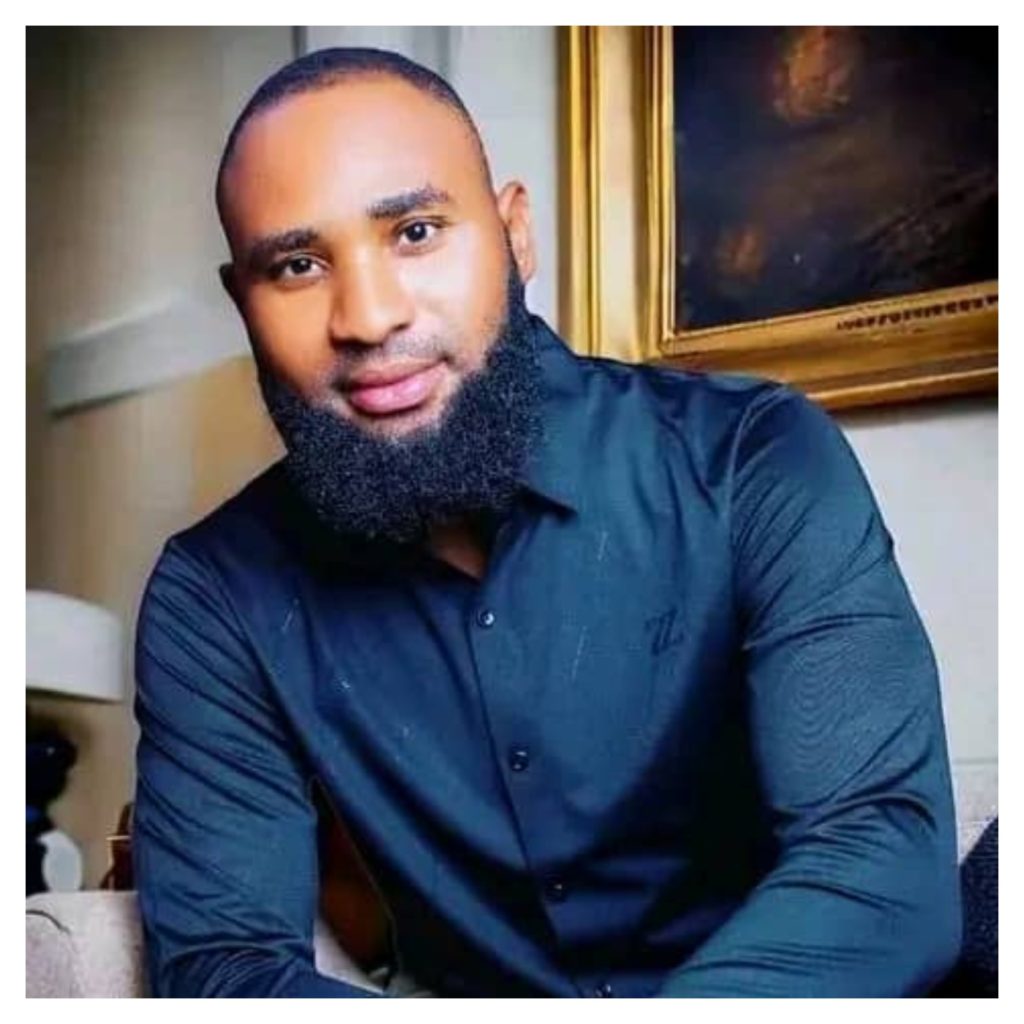
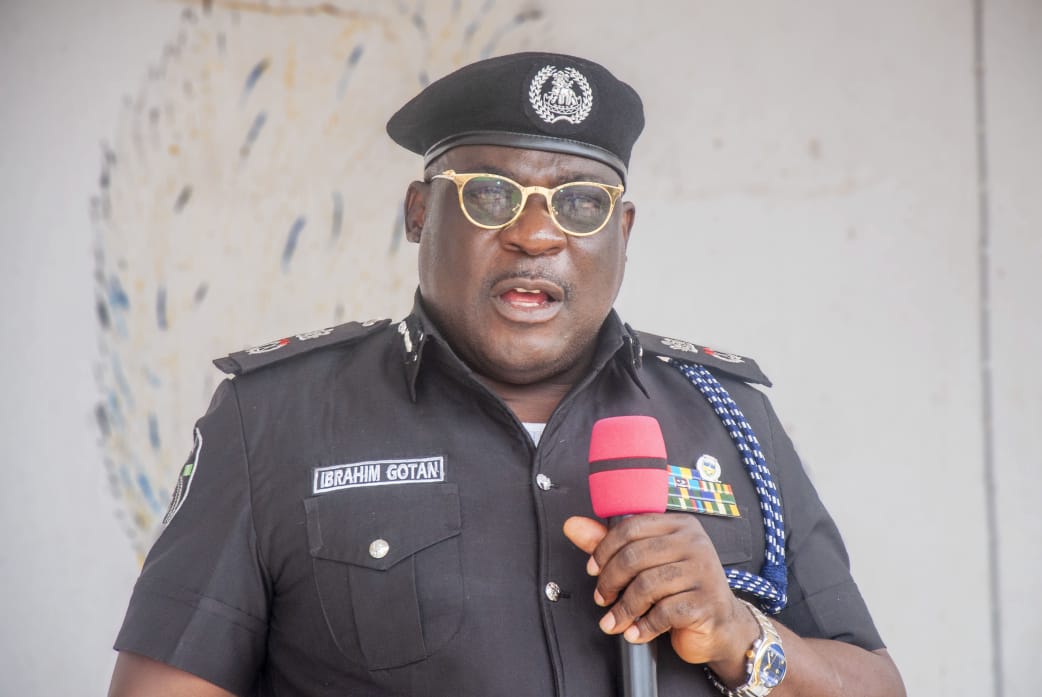


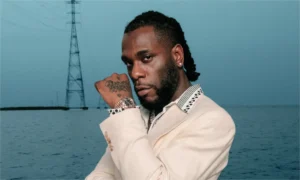
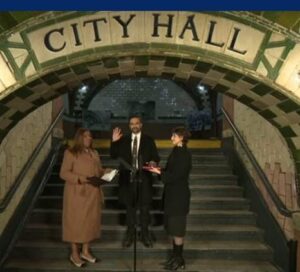






Post Comment